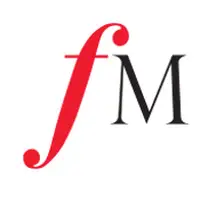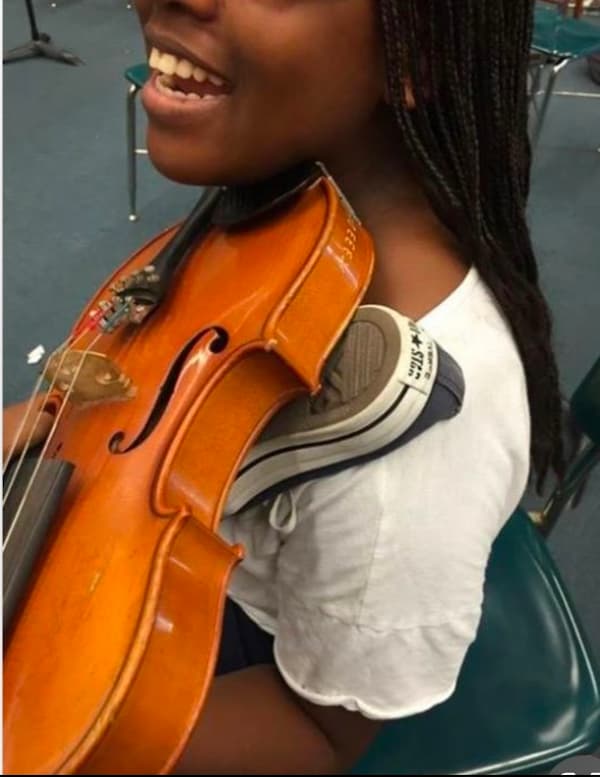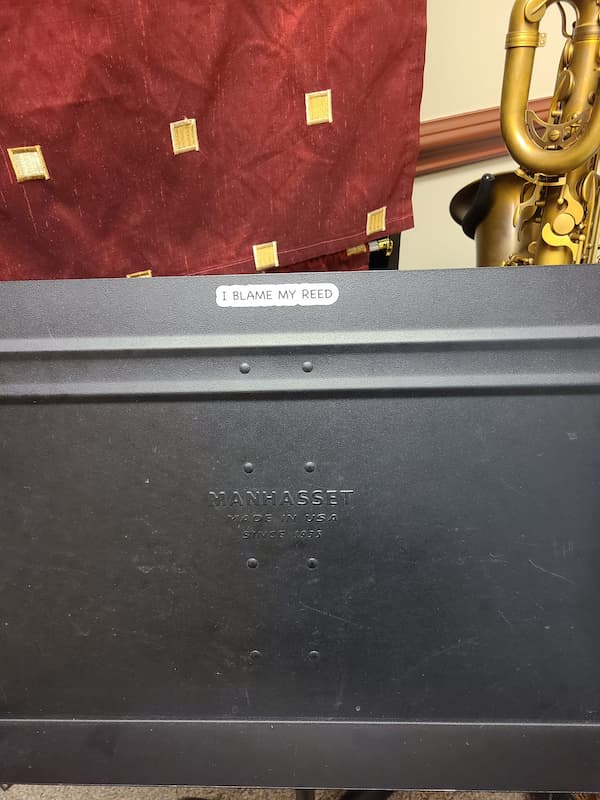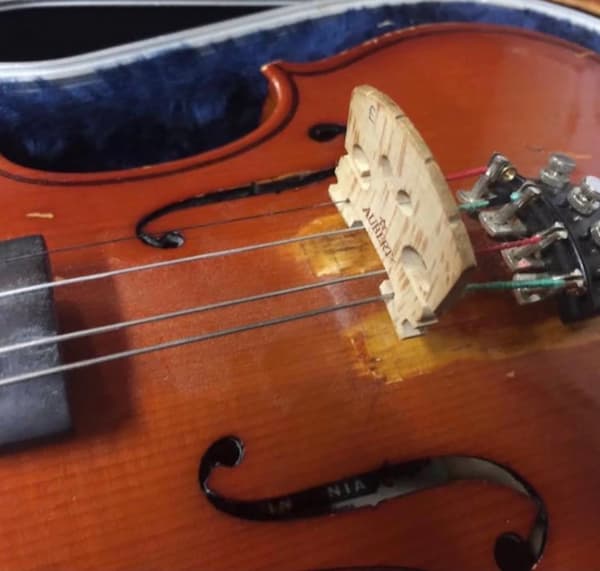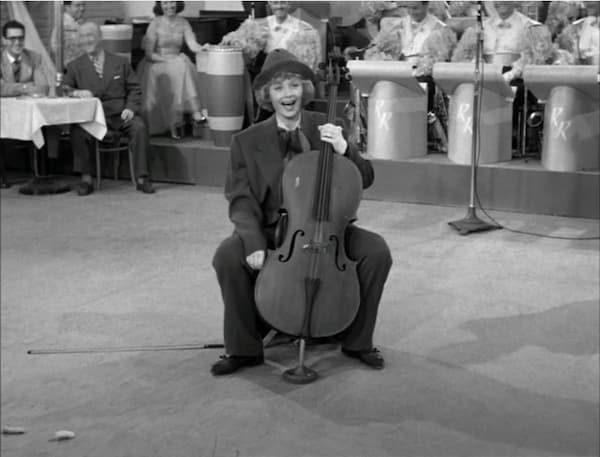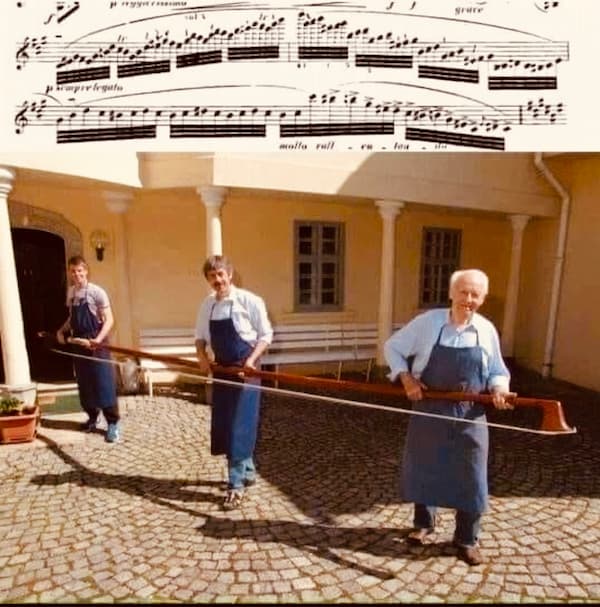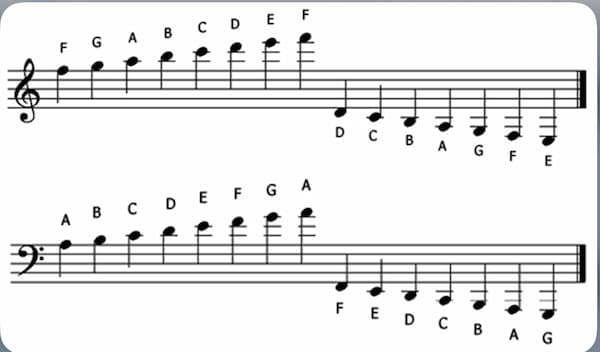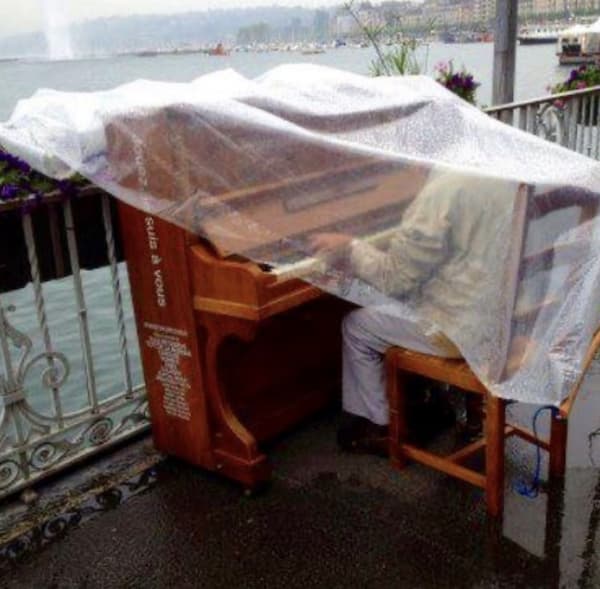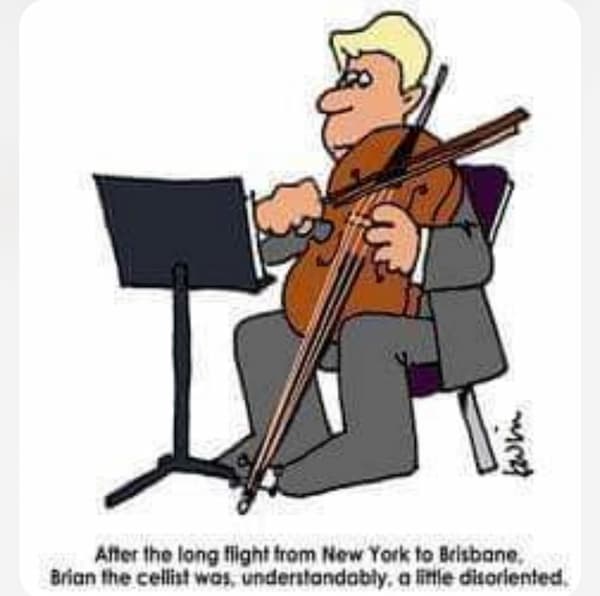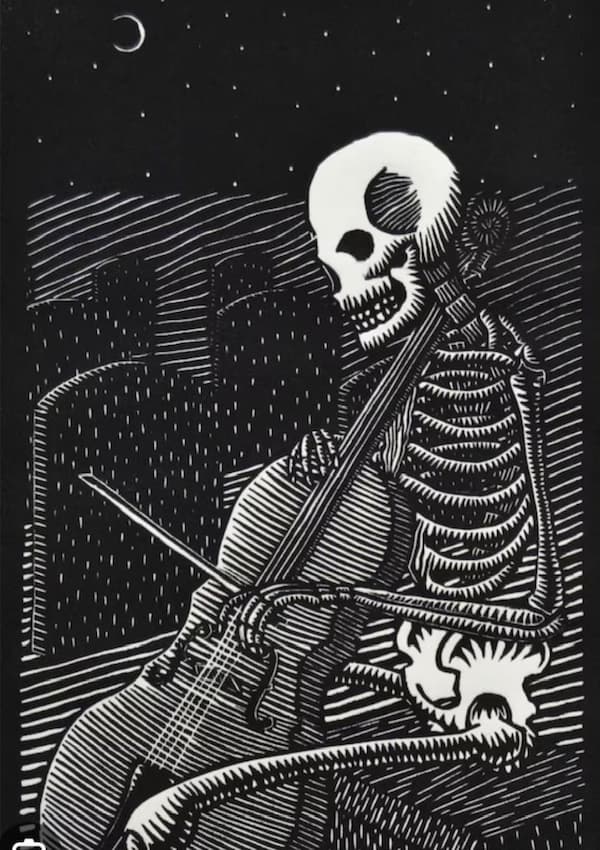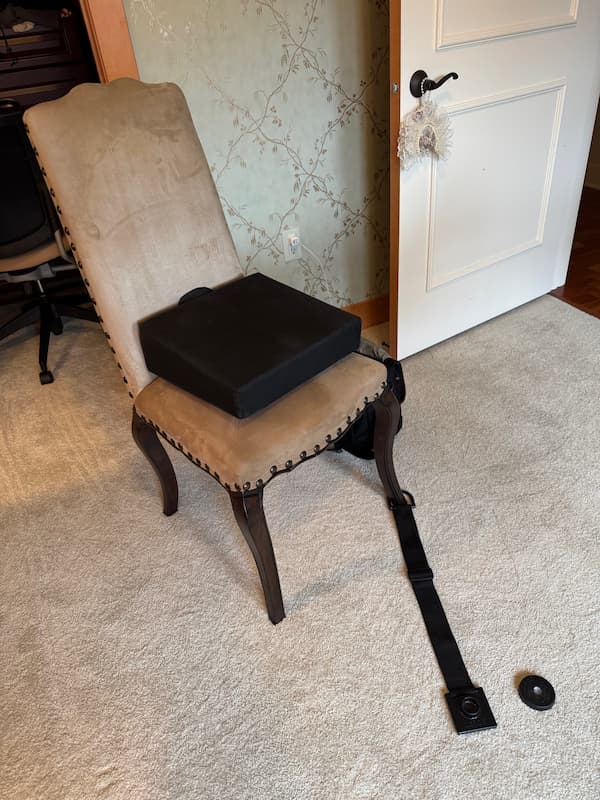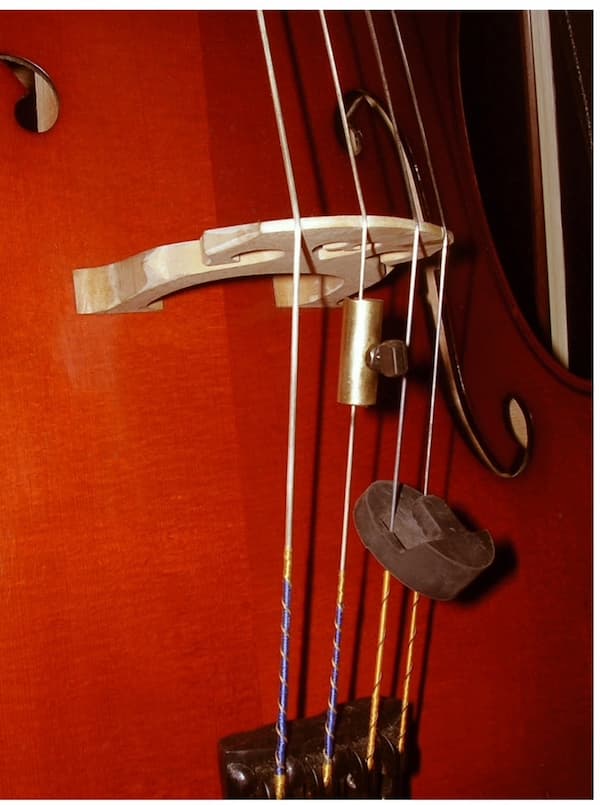10 December 2024, 08:30 | Updated: 10 December 2024, 17:53

Join us for a joyful Christmas filled with carol concerts and special festive programmes on Classic FM – the home of Christmas music.
From carol concerts to special interview broadcasts, explore highlights from across our Christmas radio schedule below.
Classic FM at the Christmas Movies with Jonathan Ross
7pm-9pm | Friday 20 & Saturday 21 December
On Friday, Jonathan celebrates iconic and much-loved movie music from The Grinch (James Horner), Die Hard (Michael Kamen), The Snowman and the Snowdog (Ilan Eshkeri, Andy Burrows) and Elf (John Debney).
The following night, Jonathan features festive favourites including The Holiday (), The Polar Express (Alan Silvestri) and Love Actually (Craig Armstrong). He also includes new releases in the cinema for Christmas week, including Mufasa, scored by Dave Metzger and Lin-Manuel Miranda and The End by Joshua Schmidt and Joshua Oppenheimer.
Choirs at Christmas with Lloyd Griffith
9pm-10pm | Friday 20 December
Join actor, comedian and former chorister Lloyd Griffith for the final episode in his brand new Classic FM series, ‘Choirs at Christmas’. Lloyd celebrates the great festive singing tradition with favourite Advent carols, and draws back the curtain with his own experiences of what it’s like to sing in a choir at this time of year.
Christmas Ballet Classics with Charlotte Hawkins
9pm-10pm | Saturday 21 December
Join Charlotte Hawkins for a special pirouette through the wonderful world of ballet music. You will hear musical highlights from several of the most popular Christmas productions including The Nutcracker and Swan Lake by Tchaikovsky, Cinderella by Prokofiev, and Howard Blake’s The Snowman.
National Youth Voices at Christmas with Zeb Soanes
9pm-10pm | Sunday 22 December
Two of the country’s great youth ensembles join forces for this celebration of Christmas, hosted by Zeb Soanes. Sinfonia Smith Square and National Youth Voices perform beautifully festive music, including Vaughan Williams’ Fantasia on Christmas Carols from St. John’s Smith Square.
Aled Jones narrates The Snowman
5.30pm-6pm | Tuesday 24 December
A staple of Christmas Eve on Classic FM, Aled Jones narrates the timeless story of The Snowman, accompanied by Howard Blake’s wonderful music.

Carols from St Paul’s Knightsbridge
6pm-7pm | Tuesday 24 December
A magical evening of carols from one of the most beautiful churches in the heart of London, with festive readings from Dolly Alderton, Elizabeth Hurley, Dame Harriet Walter and Rob Brydon.
Christmas Eve at Gavin & Stacey’s with Joanna Gosling
7pm-8pm | Tuesday 24 December
The writers and stars of the hit TV series – Ruth Jones and James Corden – join for a special one-off programme on Classic FM. Ruth and James, who play the characters Nessa and Smithy in Gavin & Stacey, choose their favourite carols, share their Christmas traditions, and give a sneak preview of the last ever episode of the popular British sitcom.
Ruth Jones and James Corden as Nessa and Smithy in Gavin & Stacey. Picture: Alamy Christmas from St Martin’s with Zeb Soanes
8pm-10pm | Tuesday 24 December
presents an evening of festive favourites, including ‘Once in Royal David’s City’, ‘O Come All Ye Faithful’, and ‘Hark! The Herald Angels Sing’, performed by St Martin’s Voices and the congregation of St Martin in the Fields in London’s Trafalgar Square.
Classic FM Christmas Breakfast with Aled Jones
6am-10am | Wednesday 25 December
Aled invites you to join him for three hours of carols and seasonal favourites, providing the perfect way to wake up this Christmas. As well as playing lots of well-known festive music, Aled also invites you to get in touch to tell him how you’re spending Christmas morning...
Christmas Day Requests with Anne-Marie Minhall
10am-1pm | Wednesday 25 December
Every Christmas morning, Anne-Marie Minhall turns Classic FM over to you for your requests and dedications. Anne-Marie is particularly keen to hear from anyone for whom Christmas 2024 will be extra-special. The perfect backdrop as you prepare the dinner, unwrap presents or simply sit back and relax...
Text in with your request on 61812, message on WhatsApp 03457 49 1812, , or post your request on social media by tagging @classicfm. You can also submit your request via Amazon Alexa by saying “Alexa, send a comment to Classic FM”.
The Nation’s Favourite Carol with Alexander Armstrong
1pm-3pm, Wednesday 25 December
Every year, we ask you to vote for your best-loved Christmas carol – and on Christmas Day afternoon, Alexander Armstrong counts down this year’s top 30.
Last year as the nation’s number one carol for the eighth time. Will it remain there for the ninth year in a row, or will it be displaced by another favourite?
Read more:

Christmas at Buckingham Palace with Alan Titchmarsh
3pm-4.45pm, Wednesday 25 December
Following His Majesty The King’s Christmas Message, Alan Titchmarsh presents a very special programme of carols and festive music recorded live at Buckingham Palace. Listen behind closed doors to a carol service held in the grand surroundings of the palace ballroom, held to thank members of the Royal Household for their work throughout the year.
Once again, Classic FM has been given exclusive access to record the event, which features the Choir of the Chapel Royal performing a selection of traditional seasonal carols, alongside members of the palace staff giving readings to tell the Christmas story.
The Christmas Story with Stephen Fry
4.45pm-5pm, Wednesday 25 December
Stephen Fry narrates a retelling of the nativity accompanied by a sweeping filmic soundtrack composed by Thomas Hewitt Jones and performed by the Scottish Session Orchestra. The story culminates in performance of ‘Silent Night’ sung by the Choral Scholars of St Martin in the Fields.
The Very Young Person’s Guide to Christmas Carols with Tim Lihoreau
5pm-7pm, Wednesday 25 December
Tim Lihoreau presents a very special programme, perfect to introduce families and children to the wonder of Christmas music. Put on your mittens and follow our heroes as they discover some of the greatest carols of all time, including ‘Silent Night’, ‘Good King Wenceslas’ and ‘Carol of the Bells’.
The Very Young Persons Guide to Christmas Carols. Picture: Classic FM and DK The King’s Foundation Carol Service
7pm-8pm, Wednesday 25 December
John Brunning presents a traditional carol service from St Paul’s Church, Knightsbridge, featuring festive readings, alongside a selection of classic carols and seasonal music. Performances come from Carly Paoli, Opera Prelude and musicians from the National Piping Centre.
One Piece Why with Dan Walker
4pm-7pm, Thursday 26 December
Dan Walker presents a special programme based on the popular Classic FM Breakfast feature, where famous voices and Classic FM listeners share the one piece of classical music that they would choose to share with someone.
Famous Classic FM fans choosing their favourites include Richard Hammond, Alexandra Burke, Ruth Jones, Tim Minchin and Richard Osman.
A Symphony of Science with Brian Cox
7pm-9pm | Thursday 26, Friday 27, Saturday 28 December
A chance to revisit the fascinating series broadcast on Classic FM earlier in the year, where the physicist musician and broadcaster explores the links between his two favourite subjects: science and classical music.
In this first programme, Brian explains why Bach’s Brandenburg Concerto No.2 is currently 15 billion miles away from Earth, discovers Haydn’s comic opera about the moon, and features a piece of music by Handel that may well have been inspired by his witnessing of an eclipse.

Rivals with Mariella Frostrup
9pm-10pm | Thursday 26, Friday 27, Saturday 28 December
Inspired by the hit Disney+ series – an adaptation of the book Rivals by Jilly Cooper – the renowned broadcaster, journalist, author Mariella Frostrup presents a very special series on Classic FM about rivalry in classical music.
In this first programme you’ll hear about the much-documented rivalry between Antonio Salieri and Wolfgang Amadeus Mozart, but was it actually true? And recordings by Maria Callas and Renata Tebaldi who were turned into hostile enemies by their admirers and the press.
Pet Classics with Katie Breathwick and Karthi Gnanasegaram
7pm-1am | Tuesday 31 December
Following the huge success of Classic FM’s programmes for pets and pet owners on Bonfire Night, join Katie for a special programme designed with furry, feathered and scaly listeners in mind. Katie has three hours of the most soothing music to calm and relax anxious animals, while the New Year’s celebrations and fireworks are in full swing.
Then, as firework displays continue across the country and clocks strike midnight in celebration of a new year, join Karthi Gnanasegaram from 10pm for continued Pet Classics into the early hours.
New Year’s Day at the Movies
10am-5pm | Wednesday 1 January
Aled Jones kicks off a blockbuster soundtrack for New Year’s Day – nothing but the greatest film music all day, with iconic soundtracks with several world-famous film stars popping up through the day to introduce the music. If you are looking for an ultimate soundtrack to start the new year, this is it...
Taking the baton at 2pm, Jonathan Ross continues the blockbuster soundtrack day, which is also simulcast on Classic FM Movies, our non-stop film music station.
Middle Earth and More: Favourites of Richard Armitage
5pm-7pm | Wednesday 1 January
10 years since the final Hobbit film hit cinemas, Richard Armitage makes his radio presenting debut on Classic FM. Richard, who played the character Thorin Oakenshield in Peter Jackson’s Middle-earth epic, features music from the trilogy alongside his personal soundtrack favourites – including ‘Princess Leia’s Theme’ from Star Wars by John Williams, Mica Levi’s music for Jackie, The Hours by Philip Glass, The Mission by Ennio Morricone, and Adagio for Strings by Samuel Barber used memorably in Platoon.
